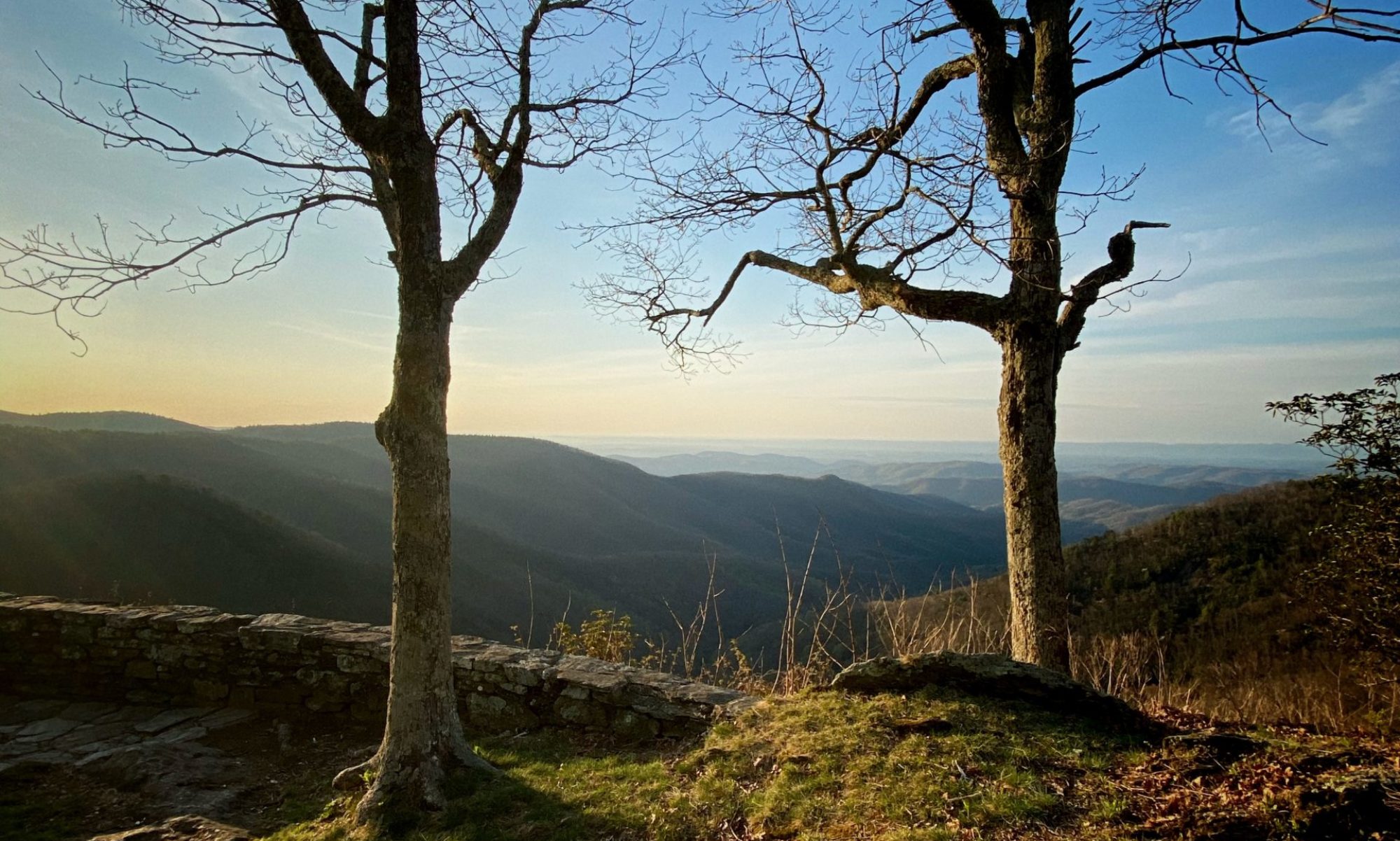Several years ago I recited a poem to Susan that I knew she would like. I knew why she would like it. The poem is by Yeats, The Lake Isle of Innisfree. I recited it again in my Eulogy at Susan’s funeral mass.
I will arise and go now, and go to Innisfree
And a small cabin build there, of clay and wattles made:
Nine bean-rows will I have there, a hive for the honey-bee,
And live in the bee-loud glade.*
And I shall have some peace there, for peace comes dropping slow,
Dropping from the veils of the morning to where the cricket sings;
There midnight’s all a glimmer, and noon a purple glow,
And evening full of the linnet’s wings.
I will arise and go now, for always night and day
I hear lake water lapping with low sounds by the shore;
While I stand on the roadway, or on the pavements grey,
I hear it in the deep heart’s core.
***
Well it wasn’t the Lake Isle of Innisfree, but it was a small cabin. On the north shore of Lake Oneida in Central New York State. It was the family camp. Susan’s family would spend entire summers there. Card and board games. Tea kettles and cups. Sunbathing. Laughter. Fishing. Food. Family. I knew this poem would bring those memories flooding back. That’s why she would like it so much.
We visited the camp on every trip to see the family. Susan loved it there. I said to her once;
“You know why you love coming here so much, aside from the obvious reasons, why you long to see this place when you are away? There is a deep primal need in all of us to get back to the garden. To get back to a place of peace. A place of recreative silence. Joy. The unencumbered embrace of family. But most of all, so that we might, at the time of the evening breeze, in the cool of the day, walk with our God.1 Genesis 3:8 (NRSV): They heard the sound of the Lord God walking in the garden at the time of the evening breeze.
“That’s what we want. That’s really what we want.
“You believe in that garden don’t you sweetheart?” “Yes,” she said, “I believe.”
***
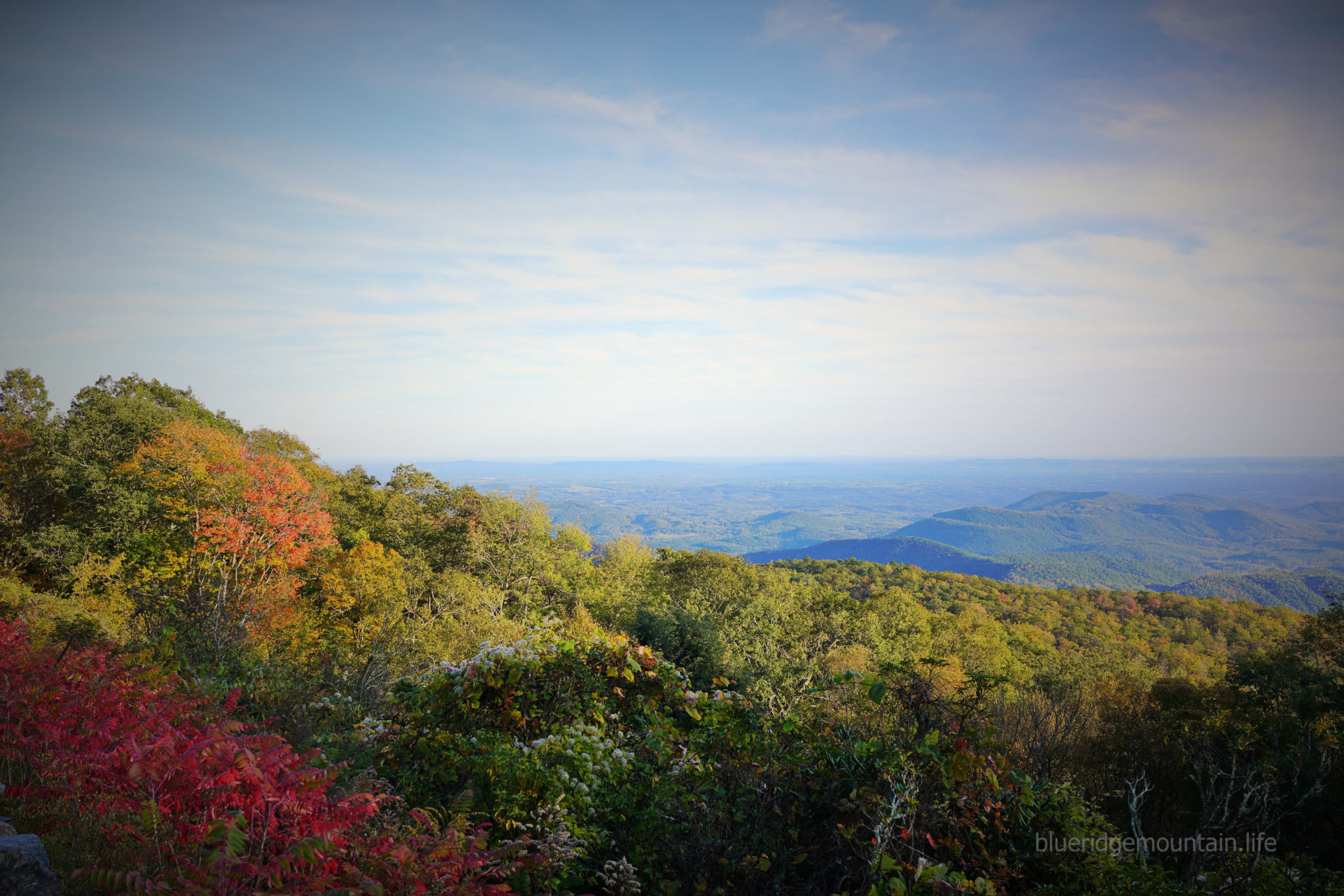
***
We thought and studied about other gardens too. Gardens of the past, present, and future, for all who believe.
One garden in particular, in the distant future, spoke to us like never before.
You can read about it in the last book of the book of books we call the Bible. John wrote it as an exiled prisoner of the Roman Empire on the Isle of Patmos (about 35 miles off the coast of south-western Turkey). We know it as the book of Revelation. Otherwise known as “The Apocalypse of John.” Apocalypse comes from a Greek word meaning to uncover, unveil, reveal. Thus “Revelation.” It’s a book about Last Things. And things in between too. Fittingly, the final two chapters reveal the destiny of the people of God. Two chapters that give meaning to all that has gone before. Both in the book of Revelation and all of Scripture.
The problem is that most readers rarely make it to the final chapters. It’s heavy slogging. A prophet tries to make sense of a series of heavenly visions about a Kingdom embroiled in a cosmic war. And it ain’t easy. For him to write down. Or for us to read. There are few things like it in all of Scripture. Daniel and Ezekiel in the Old Testament, Isaiah and Zechariah too, foreshadow the content. But towering above them all, after having borrowed from them all, stands “The Apocalypse of John.” A world-wind of mixed and unmixed metaphors. Fantastical language concealing as much as revealing. Early on we get images of four creatures resembling a noble lion, a strong ox, a wise man and a swift eagle, each with six wings and full of eyes in front and behind expressing their ceaseless vigilance before the throne of God. And that’s just for starters. John bears witness to a bewildering array of symbols crashing into each other. White horse, red horse, black horse, pale horse, each in their order bearing the riders of Conquest, War, Famine, and Death. You’ll find frequent earthquakes, hail storms, flashes of lightning and peals of thunder. A scroll with seven seals of judgement to break open. One by one. Like a mounting storm at sea. Crest after crest moving us ever closer to a great reckoning, the final consummation. Trumpets blaring. Bowls of wrath poured out. Blood. Lots of blood. It’s very unsettling. Confusing.
At the end when it’s all been said, and all been done, when the cosmic war between good and evil reaches its climactic conclusion, with the final destruction of all evil and the vindication of those who we are told have faithfully followed the Lamb, (meaning Christ) at the end of it all, a garden.
Unless you are trained in the genre, the apocalyptic genre, it’s hard to make sense of the details. The shocking co-mingling of the familiar with the unfamiliar. The earthly with the heavenly. Unless you are steeped in the prophetic stock and trade found in the Hebrew Scriptures it’s hard not to lose your balance, throw in the interpretive towel, and exclaim “no mas, no mas! Can you bring back The Gospel According to John, John?” “Bring back the God of Love?”
This book is a hard read for many reasons. Still, for Christians, the overarching themes are clear enough. The victory of our God on behalf of His creation against the forces of rebellion, both human and divine2Satan and his fallen angels, forces which could bring only chaos, darkness and death. The longed for righting of every wrong, that’s what this book is about.
The payoff?
In the negative. No more tears, no more pain, no more dying. In the positive. Endless day. Lush, fruitful living. Beauty beyond belief. The unencumbered embrace of an exceptionally large family, as numerous as the stars.
But most of all, unceasing, unfettered access to the light and life giving presence of an unconquerable God.
But like I said, most people never make it to this point. Too much confusing mayhem along the way. Which is a shame. Because the ending perfectly frames the entire biblical witness. A witness that begins and ends with the garden of God.
***
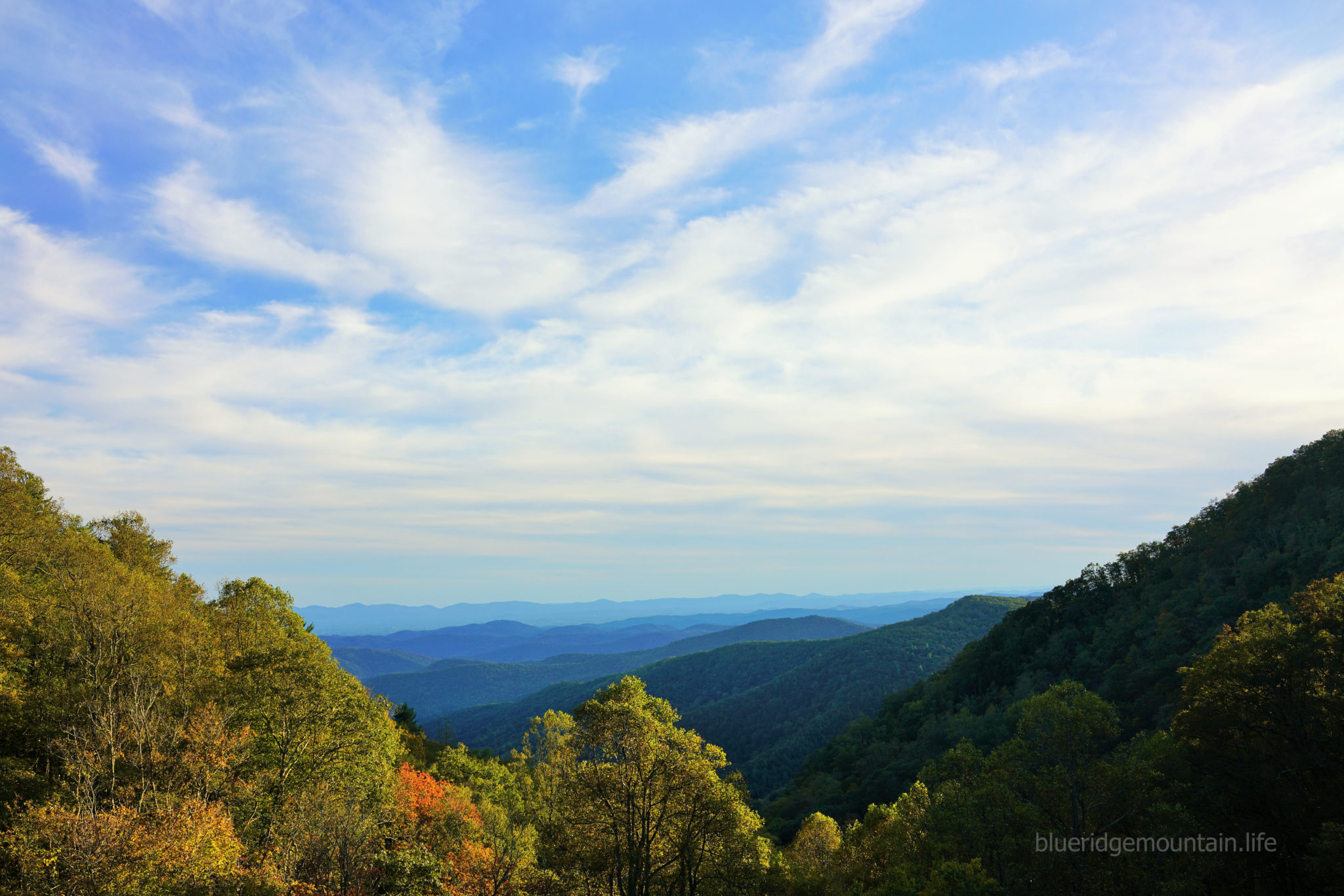
***
Most of us are somewhat familiar with the garden at the beginning called Eden. But we’ve given far less thought to the garden at the end. We’ve thought about heaven a lot, but as you’ll see, that’s not the same thing. So let’s think about the Revelation garden bookend.
Unlike the first garden this future garden will be in the center of a city. And like the first garden, the Tree of Life will be there. A River of Life will be there, too, and according to the story, flowing from the throne of God at the center of a city called The New Jerusalem. (Perhaps the city-planners of Manhattan when they came up with the idea of Central Park had this passage of Scripture in mind.)
As you might expect, the architectural accoutrements of this city will be nothing short of astounding. Maybe you’ve heard of some of them. Streets of gold. Walls of Jasper. (What is Jasper?) Twelve Pearly Gates. (Only one with St. Peter.)
Now, I have a question for all Christians about the garden bookends of our Sacred Text. The ones found in Genesis and Revelation. Your answer will reveal much. Is the first to be understood as an earthly garden and the second a heavenly garden? Eden earthly? The New Jerusalem garden heavenly? What do you think? What if I was to suggest that the answer for each garden is BOTH earthly and heavenly.
That’s right. Both gardens are best understood as a mixture of earth and heaven. Human and Divine. Just like Jesus was and is (if you are a Classic Christian).
***
Now to my most provocative point. (At least for many Christians)
The view of the early Church, a very Jewish view by the way, as revealed in their writings is this:
The Christian Hope, the spiritual goal, the promised inheritance, is not Heaven.
“What did you say? It’s not about going to heaven when we die?” Nope. It’s not. Why? That wouldn’t follow the biblical pattern and the revealed purposes of God. What is the biblical pattern? The God of Grace comes down to us, yet again. And invites our participation in His wise rule, a partnership contemplated from the beginning, and continued through this middle period by our prayerful service as we build for His Kingdom on “Earth as it is in Heaven.”
Listen to ole Saint Peter himself. 1 Peter 1:3–4 (NRSV): “Blessed be the God and Father of our Lord Jesus Christ! By his great mercy he has given us a new birth into a living hope through the resurrection of Jesus Christ from the dead, and into an inheritance that is imperishable, undefiled, and unfading, kept in heaven for you.”
Did you get that? From St Peter himself? The living hope. The promised “imperishable” inheritance kept in heaven for you. But here’s the payoff! Based on the whole counsel of Scripture. It will be an inheritance kept for us and then brought to us, by Grace, in all of its down to earth glory!
God, the Grand Initiator, comes down to us. Yet again. For the final time.
***
One more bookend combo. This time, both of them from the very Jewish early Christian writings. We begin not with Genesis but with The Gospel According to Matthew this time. The first book of the New Testament. [Our Church Fathers knew what they were doing when they bookended the Christian contribution to Scripture.] At the beginning of this book we find another vision from heaven. This time given to Joseph, Mary’s fiancé, who agonized over what to do about the young lady he loved but had not made pregnant. In a dream-vision an angel of the Lord said to him, “do not be afraid to take Mary as your wife, for the child conceived in her is from the Holy Spirit.”
Then so as to bring further assurance to this very Jewish young man, assurance of God’s overarching purposes, the angel quotes an old Hebrew scripture,
“Look, the virgin shall conceive and bear a son, and they shall name him Emmanuel,” which means, “God is with us.” [Isaiah 7:14]
Matthew drives home the point about this God when he finishes the Gospel account with these final words, the words of Jesus to all His disciples: “remember, I am with you always, to the end of the age.”3Matthew 28:20 (NRSV)
***
Now the big finale! Speaking of the end of the age brings us to the climax of the story, the last two chapters in Revelation that I’ve already mentioned, the crucial text at the end of the book of books. In all of its down to earth glory.
Revelation 21:1–7 (NRSV): Then I saw a new heaven and a new earth; for the first heaven and the first earth had passed away, and the sea was no more. And I saw the holy city, the new Jerusalem, coming down out of heaven from God, prepared as a bride adorned for her husband. And I heard a loud voice from the throne saying,
“See, the home of God is among mortals.
He will dwell with them as their God;
they will be his peoples, and God himself will be with them;
he will wipe every tear from their eyes. Death will be no more;
mourning and crying and pain will be no more.”
And the one who was seated on the throne said, “See, I am making all things new.” Also he said, “Write this, for these words are trustworthy and true.” Then he said to me, “It is done! I am the Alpha and the Omega, the beginning and the end. To the thirsty I will give water as a gift from the spring of the water of life. Those who conquer will inherit these things, and I will be their God and they will be my children, for the first things have passed away.”
Revelation 22:1–5 (NRSV): “Then the angel showed me the river of the water of life, bright as crystal, flowing from the throne of God and of the Lamb through the middle of the street of the city. On either side of the river is the tree of life with its twelve kinds of fruit, producing its fruit each month; and the leaves of the tree are for the healing of the nations. Nothing accursed will be found there any more. But the throne of God and of the Lamb will be in it, and his servants will worship him; they will see his face, and his name will be on their foreheads. And there will be no more night; they need no light of lamp or sun, for the Lord God will be their light, and they will reign forever and ever.”
Reign where? And on what basis? John answers that question in an earlier chapter.
Revelation 5:9–10 (NRSV): They sing a new song (to the Lamb of God):
“You are worthy to take the scroll
and to open its seals,
for you were slaughtered and by your blood you ransomed for God
saints from every tribe and language and people and nation;
you have made them to be a kingdom and priests serving our God,
and they will reign on earth.”
[I can hear nonbelievers (some of my friends) justifiably saying all this talk about religious folk ruling and reigning and Judgment makes us very, very uncomfortable. I don’t blame you! In future posts, I will try to speak more fully to this concern. Stay with me.]
***
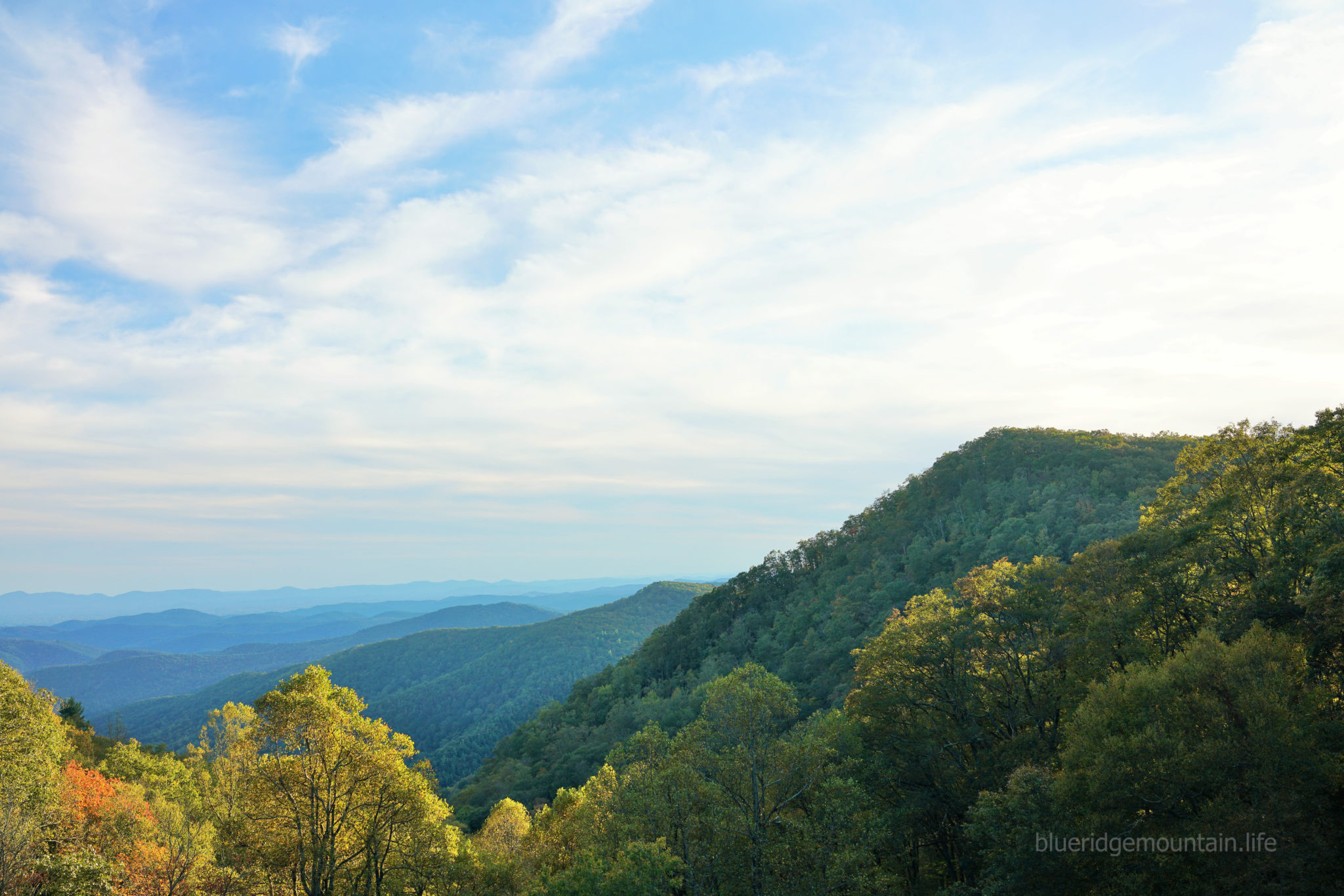
***
It is the New Jerusalem, “coming down out of Heaven from God” linking the created realms of heaven and earth, yet again. Recapitulating the original design. And at the center of that marriage of heaven and earth, a garden. Because God doesn’t give up on a good thing. Remember the story in Genesis? Before it went horribly wrong? He called His creation, both heaven and earth, GOOD. Not perfect, but good. Pregnant with possibility. And at the apex of creation, human beings, God’s image bearers, He called that creative work, VERY GOOD. Since according to the expanded version of the story (Genesis 2) females were created at the end of this explosion of God’s creative genius, the description VERY GOOD, makes great good sense to me!
And now in this final Biblical scene, Revelation chapters 21 and 22, God faithfully finishes what He started at the beginning.
The restoration of all things is at root about the reconciliation of all things. The image of marriage is key. “Prepared as a bride adorned for her husband.” The coming together of difference in loving harmony. The divisions between us brought about and sustained by human and divine4Satan and his fallen angels arrogance will dissolve and God’s whole creation will finally reflect God’s fullness. God’s unity and plurality. Start down the big list. The reconciliation of Male and Female. Jew and Gentile. Heaven and Earth. God and His creation. All the separations of life that were never part of the original plan are reconciled. And at the center, we find the Garden-city of God’s love.
But first the destruction of evil, and every dark force that kept us apart, last of all Death, our final enemy, will die.51 Corinthians 15:24–26 (NRSV): Then comes the end, when he hands over the kingdom to God the Father, after he has destroyed every ruler and every authority and power. 25 For he must reign until he has put all his enemies under his feet. 26 The last enemy to be destroyed is death. The eternal rule and presence of God with His people throughout His heaven and earth New Creation, that is the grand story of Scripture. 62 Corinthians 5:17–19 (NRSV): “So if anyone is in Christ, there is a new creation: everything old has passed away; see, everything has become new! All this is from God, who reconciled us to himself through Christ, and has given us the ministry of reconciliation; that is, in Christ God was reconciling the world to himself, not counting their trespasses against them, and entrusting the message of reconciliation to us.“
God desires to dwell with us. Imagine that! And He will. Between now and then He calls us to the ministry of reconciliation in anticipation of that great endless day of reunion. When heaven comes down to earth once again.
No, our final goal is not heaven.
Heaven is real, but it is not The Christian Hope.
Why have we thought so? Answering that question requires a bit of unpacking. We’ll look at those reasons in future posts. And because God will not abandon His good creation but will transform it we are commissioned to, among other things, campaign for justice and ecology now in anticipation of our Christian Hope. For our “labor is not in vain.”71 Corinthians 15:58
***

***
But before leaving this big picture look at Scripture and specifically the book at the end, so as not to be misunderstood, or charged with glossing over a great difficulty in this hard to read text, I need to say something about Judgement.
Revelation is a book full of Judgement which makes most of us in today’s comfortable free wheeling Western world decidedly uncomfortable. Where after the Lord’s Prayer, and perhaps John 3:16, Matthew 7:1 “judge not, that you be not judged” is one of the most quoted Scripture verses. And for good reason.
Judgement in and out of the Church is often unwise and unloving. Church leaders have sometimes focused more on the wrath of God against sin than on the love of God in Christ for His creation.
I understand the great unease.
That’s one reason it’s hard to read this book. But then you fail to get to the Garden climax and miss out on the crucial consummation of all things.
So how are we to understand Judgement?
With a little historical awareness we recognize that for most of human history and in many parts of the globe today the world was and is decidedly unjust, unfree, uncared for, and in bondage to dark powers. In the 20 century alone, in my parent’s lifetime, approximately 100 million of God’s image bearers were slaughtered at the altar of National and International Socialism. Ideologues slaughtered or forcibly starved their own citizens wholesale. Because they were regarded as either ethnically or intellectually impure. A tragedy of planetary dimensions was the result. The Nazis in Germany and the Soviet, Chinese, North Korean and Cambodian Communists, plus many other lesser known imitators, offered human sacrifices to their gods on an industrial scale. The sheer magnitude of this malevolence is unequaled in the annals of history. 100 million. Meditate on that number for a moment. In the last 100 years. In this so-called Enlightened Age. (If you don’t know about all this, your teachers are guilty of a gross dereliction of duty.)8One book to read is “The Black Book of Communism” written by a group of European scholars, almost all of whom were former Communists, published in English by Harvard University Press, (1999). Search Amazon and at the very least read all the professional reviews. Here is one review “An 800-page compendium of the crimes of Communist regimes worldwide, recorded and analyzed in ghastly detail by a team of scholars. The facts and figures, some of them well known, others newly confirmed in hitherto inaccessible archives, are irrefutable. The myth of the well-intentioned founders—the good czar Lenin betrayed by his evil heirs—has been laid to rest for good. No one will any longer be able to claim ignorance or uncertainty about the criminal nature of Communism, and those who had begun to forget will be forced to remember anew.” — Tony Judt, New York Times
Sticking with Cambodia for a moment, having moved past the Communist Killing Fields9 See the movie “The Killing Fields” starring Sam Waterston for a dramatic retelling of this ghastly tale.where in the 1970’s 2 million, 1 out of 7 Cambodians, were planted, the country now leads the world in forced labor and sex trafficking, especially “Child Sex Tourism.” Commercial Sex Exploitation (CSE) rages in this once beautiful paradise. Thousands of women and young girls, some as young as 5 and 6, end up in forced prostitution. Often with the tacit approval of local government officials. Served up to foreign interests. Wealthy “pleasure” seekers from abroad. The horrors inflicted on these mothers, these daughters, these granddaughters, these sisters, beggars belief. Most of us don’t have categories in our brains to contemplate such evil. But there they are. Caged, deprived of food, beaten, forced to perform sexual acts against their will, gang-raped until fainting, their horrible suffering gives witness to the existence of dark powers still yet encircling that country, that region and our globe.
A world caught in the gaping maw of those and similar malevolent powers was and is screaming for righteous judgement. For restorative justice. For a cosmic reckoning. “How long, oh, Lord, before heaven comes rolling down like thunder. How long!?”
I’ll stop now. Sorry for the shocking language but examples like this could be multiplied exponentially ad-nauseam. Perhaps with these and many others in mind we might reread the Judgements of Revelation in a somewhat different light.
***
But why does God allow this great suffering? That’s the next and hardest question, isn’t it? Especially for a Monotheist like me. It’s a legitimate question. And requires a long, straightforward answer. But let me humbly defer for now by saying:
If this life, a life lived desperately by so many, is the only life there is, then there is no justice. And no God worthy of our love.
I simply can’t believe such a horrible thing. Can you? No. A great and terrible reckoning must be in our future. 10 Rev 11:18 (NRSV) The nations raged, but your wrath has come, and the time for judging the dead, for rewarding your servants, the prophets and saints and all who fear your name, both small and great, and for destroying those who destroy the earth.
But also restorative beauty, goodness and love.
***
Which brings us back to the Garden-City. The most important part of living in the Garden is seeing, walking, talking with our God. That’s the longed-for future. For all who believe.
Although many naturalists yearn for it, there will not be a return to Eden. The human couple began in a garden paradise, but the final scene is that of an enfoliated, fruitful city, and the unencumbered embrace of a very large family, from every tribe and nation. 11 Rev. 21-22, but there should be plenty wide open spaces inside & outside of the city!
Oh happy day.
***
The first reading at Susan’s funeral mass was from another puzzling book. It too deals with evil. The book of Job. A book about great suffering but unlike Revelation, the problem of evil remained unresolved. And yet, yet, incomprehensibly12 If you know the story of Job you know what I mean., Job, a man who suffered much, could say:
“But as for me, I know that my Vindicator lives,
and that he will at last stand forth upon the dust;
Whom I myself shall see: my own eyes,
not another’s, shall behold him;
And from my flesh I shall see God;
my inmost being is consumed with longing.”
At the end of her mass, I finished my Eulogy with…
“Sleep for a season sweetie. I can’t wait to walk hand in hand with you into the light and life giving presence of our God. My inmost being is consumed with longing.”
***
“You believe in those gardens don’t you sweetie.” “Yes”, she said, “I believe.”
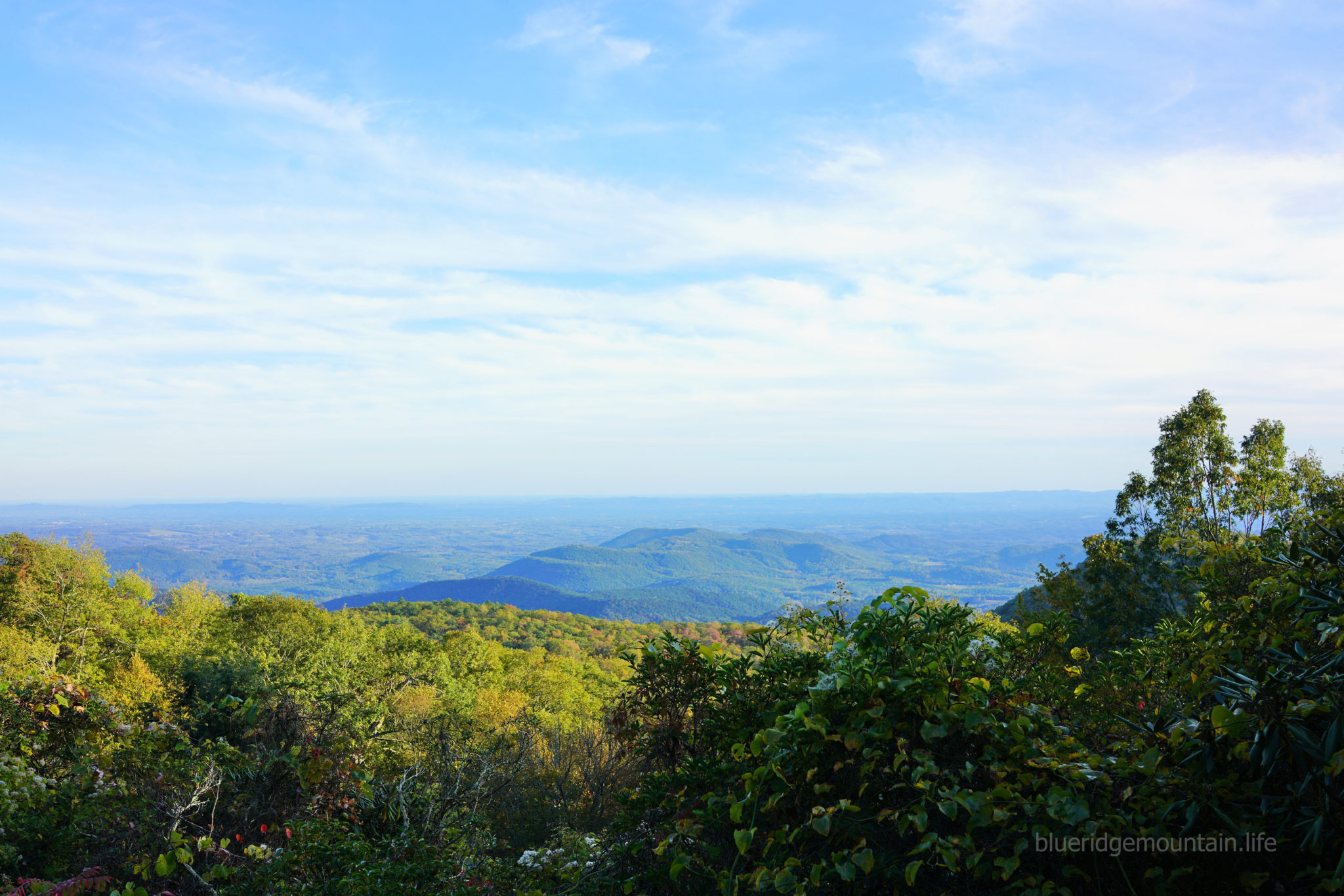
***
If you haven’t already added your email to my list, do so and I’ll let you know when the blog is updated. And send you passwords to access my Private Collection.
Email: blog@blueridgemountain.life
I recently signed up to participate in the Gail Parkins Memorial Ovarian Cancer Walk & 5K Run. Also, I created a Team called:
Susan’s Soldiers (This is War!)
http://dccc.convio.net/goto/susansoldiers
Contribute if you can to this worthy cause.
